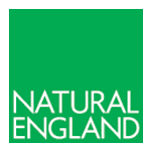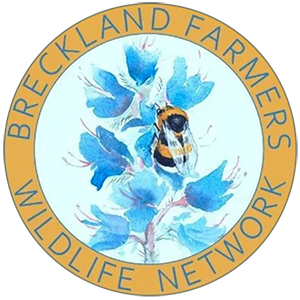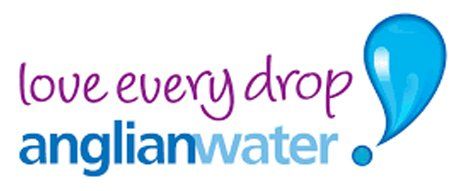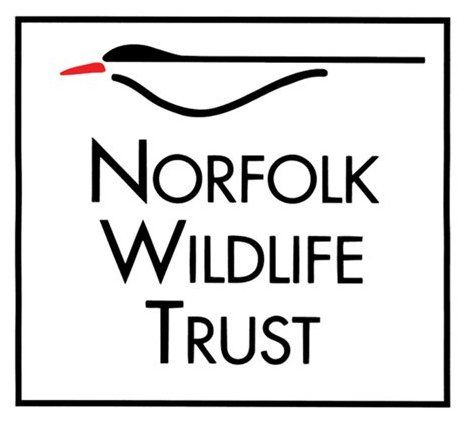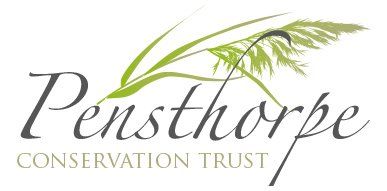Our partnerships
We believe working together is always better and over the years we have created partnerships with:
Our partners:
UEA - As well as using the University of East Anglia’s laboratories for our catchment water testing, Dr Richard Cooper has assisted our research with experience from the River Wensum Demonstration Test Catchment (DTC). This ran at Salle, in Norfolk for 10 years with the aim of investigating the extent to which on-farm mitigation measures can cost-effectively reduce water pollution in the River Wensum whilst maintaining food production capacity. The partnership between the UEA and our group also provides educational opportunities through student research projects.
Natural England - Natural England are very happy to continue to work with the Wensum Cluster Farm Group and fully support the actions the Group are taking to protect and restore Nature and improve soil and water quality in the River Wensum catchment. Crops and livestock, and the businesses that depend on them, like us all, are firmly rooted in Nature and can only thrive in the long term if Nature does too. The collaborative partnership approach demonstrated by the Cluster through practical action, sharing ideas and experience and continual evolution of land management is a fantastic example of this in action.
Norfolk Ponds Project - have worked closely with the Wensum Farmers undertaking surveys and helping to run pond conservation events. This collaboration has led to a large number of pond restorations and the finding of important and rare pond species, such as the Crucian carp, Great Crested Newt as well as rare plants such as the Clustered Stonewort Tolypella glomerata. Working with the Wensum farmer affords the opportunity to restore ponds along a river corridor thus increasing connectivity for freshwater species in the area.
Norfolk Rivers Trust - Working in partnership with the Upper Wensum Cluster Farm Group (UWCFG) has been really effective for sharing knowledge, skills and ambition to maximise impact. Through our Water Sensitive Farming (WSF) Initiative, we’ve been able to provide support for opportunities that will improve water quality and soil health in the upper Wensum river catchment. The enthusiasm of the UWCFG is infectious, which is why they’ve achieved such a huge amount for biodiversity and water.
Breckland Farmers Wildlife Network - a sister cluster group based in the Brecks of Norfolk, knowledge and inspiration is freely passed between the two. With so many similarities and the potential of an even louder voice for farmers, it is vital that farming clusters join together with the positive benefits for the environment at the forefront of their agendas.
The Breckland Farmers Wildlife Network
Working in conjunction with:
Anglian Water - Addressing pesticide and nutrient losses to the environment from any pathway is fundamental to improving the water quality of the Wensum not only for drinking water supply in the future but for farm profitability, environmental health and the delivery of public goods such as flood alleviation.
Norfolk Wildlife Trust - A significant element of Norfolk Wildlife Trust's current activity is its Living Landscape work. The Trust has some significant aspirations around the delivery of nature conservation across the wider countryside. Fundamental to this is work with farmers and landowners, with success maximised by working through focused groups such as the Upper Wensum Cluster Farm Group.
www.norfolkwildlifetrust.org.uk
Pensthorpe Conservation Trust - has always championed grass roots conservation projects. When the concept of landscape scale projects was launched, with the Cluster Farm Facilitation Fund, Pensthorpe Conservation Trust, as the beacon farm and lead partner, became one of the first successful applicants of the five year funding.
The Upper Wensum Cluster Farm Group started with fifteen landowners and farmers covering 6,000 hectares of the Wensum Valley working together on the agreed core aims, at their inaugural meeting the Group chose the turtle dove as their ambassador species.
A Steering Group was formed to take forward the Group’s aims from 2019 and this included the appointment of a dedicated farmland advisor. At the end of the facilitation fund period the Group became self-sustainable and continues to grow and develop collaboratively.


